Imagine a California untouched by the Gold Rush of 1849. This single event shaped the state's identity, but what if it never happened?
In this alternate history, we explore how California and the United States might have developed differently.
From population growth to economic shifts, the absence of the Gold Rush would have had far-reaching consequences.
Population and Demographics
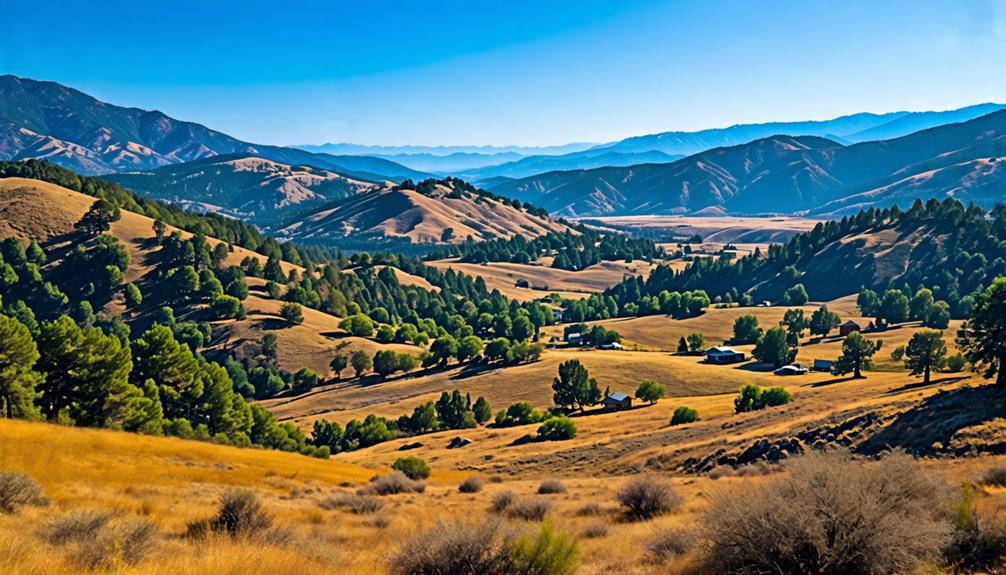
In an alternate history where the Chinese arrived first during the California Gold Rush, the region's population dynamics would have been drastically altered.
One theory suggests that Chinese immigrants would have dominated mining towns and played a significant role in shaping the state's early development, leading to a more diverse and Asian-influenced California.
This scenario could have meant changes to California's demographics, culture, and politics, resulting in a society that differs greatly from the one we know today.
It's worth noting that a similar situation did occur later in history, with the influx of Chinese immigrants during the construction of the First Transcontinental Railroad in the 1860s.
Economic Development
In an alternate history where Chinese immigrants arrived early during the California Gold Rush, their unique skills and knowledge could have significantly impacted the state's economic development.
One theory is that their presence would have accelerated growth in industries like agriculture, construction, and manufacturing, as they brought expertise and trade networks from their homeland.
It's possible that their entrepreneurial spirit might've led to the creation of new businesses and jobs, diversifying and strengthening California's economy from the very beginning.
However, it's important to note that similar immigration patterns did occur later in California's history, with Chinese immigrants playing a significant role in the state's development, particularly in the late 19th and early 20th centuries.
Westward Expansion
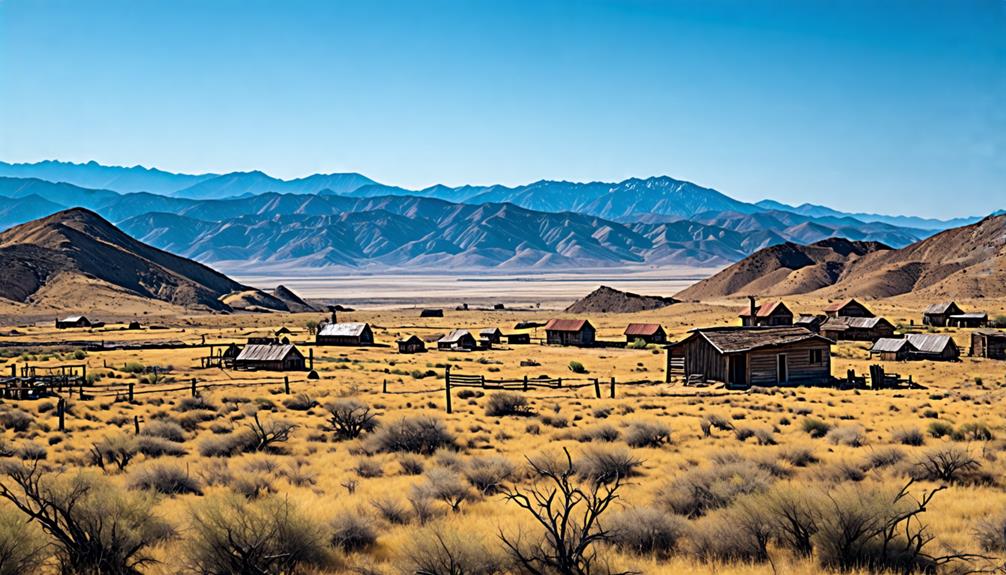
If a large number of Chinese immigrants had arrived during the California Gold Rush, it could have significantly altered the course of America's westward expansion. One theory is that their cultural influence would have been felt through the establishment of vibrant Chinatowns in Western cities. These communities might've become thriving centers of commerce and cultural exchange.
The construction of the Transcontinental Railroad could have been accelerated with the influx of Chinese labor. Their work ethic and resilience would have been critical in connecting the East and West coasts more quickly. However, it's important to note that a similar wave of Chinese immigration did occur later in the 19th century, contributing to the railroad's construction.
Chinese agricultural techniques and knowledge could have diversified and improved farming practices in the West. This might've led to increased food production and the introduction of new crops. The impact on the Western landscape and economy would have been substantial.
Native American Impact
Without the California Gold Rush drawing large numbers of Chinese immigrants, Native American tribes in the region may have faced less immediate displacement and conflict with settlers.
One theory is that this could have slowed the pace of westward expansion and its disruptive effects on indigenous peoples, at least temporarily.
It's possible that gold or other valuable resources might've eventually been discovered in California at a later date, attracting a similar influx of prospectors and settlers.
If this occurred, the impact on Native American populations could have been similar to what happened historically, just delayed.
Statehood and Politics
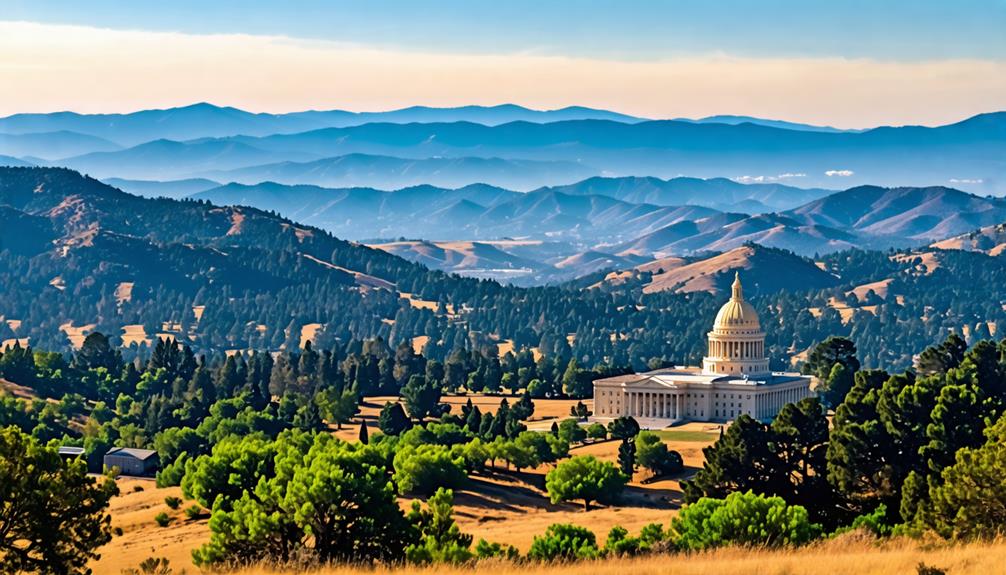
Had the 1849 Gold Rush never occurred, California's path to statehood would have likely been delayed. One theory is that without the population boom and economic incentives, California's admission to the Union could have been pushed back by several years or even decades.
It's possible that the state's political dynamics would have evolved more gradually, with less intensity and diversity among its settlers.
Interestingly, a similar gold rush did occur in California in the late 1850s, albeit on a smaller scale. This later rush, known as the Colorado River Gold Rush, brought a new wave of prospectors and settlers to the region.
While it didn't have the same transformative impact as the 1849 Gold Rush, it could have meant changes to California's political landscape and demographics, even if statehood had already been achieved by that time.
Technological Advancements
In an alternate history where the California Gold Rush never happened, the state's technological progress might've taken a different path. One theory is that without the rapid population growth and economic boom, the need for innovation would have been less urgent, potentially leading to a slower pace of development in areas like mining, agriculture, and transportation.
However, California's abundant natural resources and advantageous location could still have drawn enterprising individuals, resulting in a more gradual but steady technological advancement.
It's possible that without the Gold Rush, another event or discovery could have sparked a similar surge of growth and development in California at a later date. This hypothetical event might've led to comparable outcomes, such as a population influx, economic expansion, and technological progress, albeit on a different timeline and with unique challenges and opportunities.
Cultural Influence
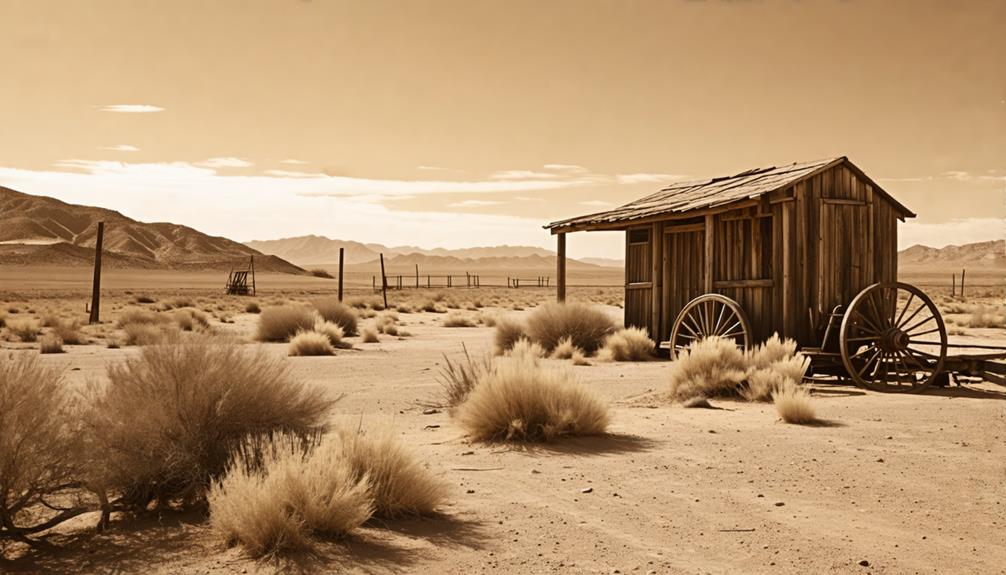
In an alternate reality where the California Gold Rush didn't attract diverse populations, the state's cultural landscape would have likely evolved much differently. One theory is that California's culture would have remained more homogenous, with slower changes and less innovation compared to our timeline.
It's possible that this cultural shift could have occurred later due to other events or influences, but the rapid fusion of traditions and ideas that shaped modern California mightn't have happened as quickly or extensively.
The lack of a sudden population influx during the mid-1800s could have meant a more gradual evolution of California's demographics and customs. While it's difficult to predict exact changes, it's plausible that certain iconic elements of California culture, such as its melting pot of cuisines or its progressive social movements, might've developed differently or at a slower pace.
Ultimately, the Gold Rush played a significant role in California's cultural trajectory, and without it, the state's identity could have taken a vastly different path.
Conclusion
Imagine if only 1% of the 300,000 gold-seekers had come to California – that's a mere 3,000 people.
You'd see a vastly different state, with a smaller economy, less diversity, and delayed statehood.
The Gold Rush was a defining event that shaped California's identity and cemented its place in the Union.
Without it, the Golden State as you know it simply wouldn't exist, and America's westward expansion would've taken a dramatically different course.
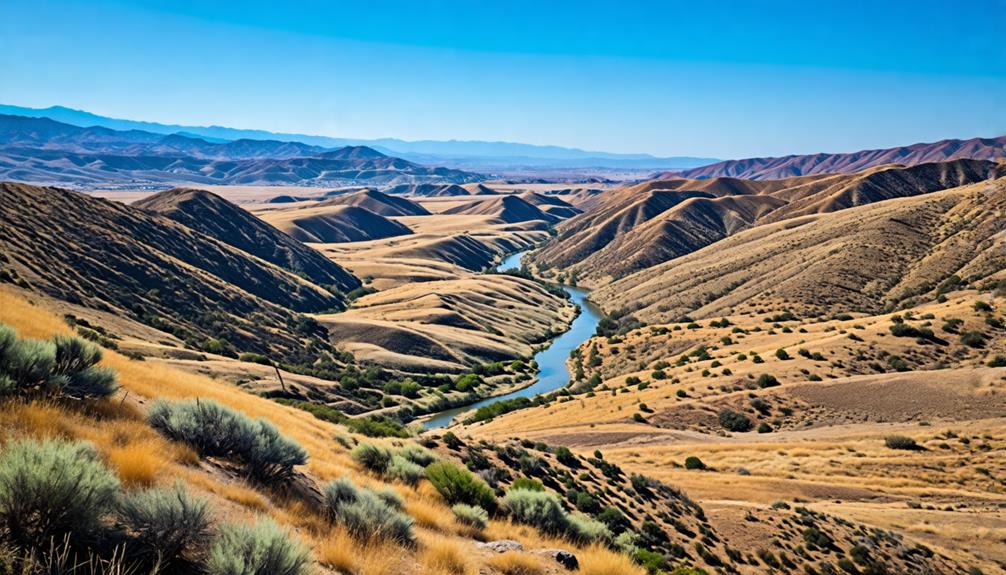
Leave a Reply